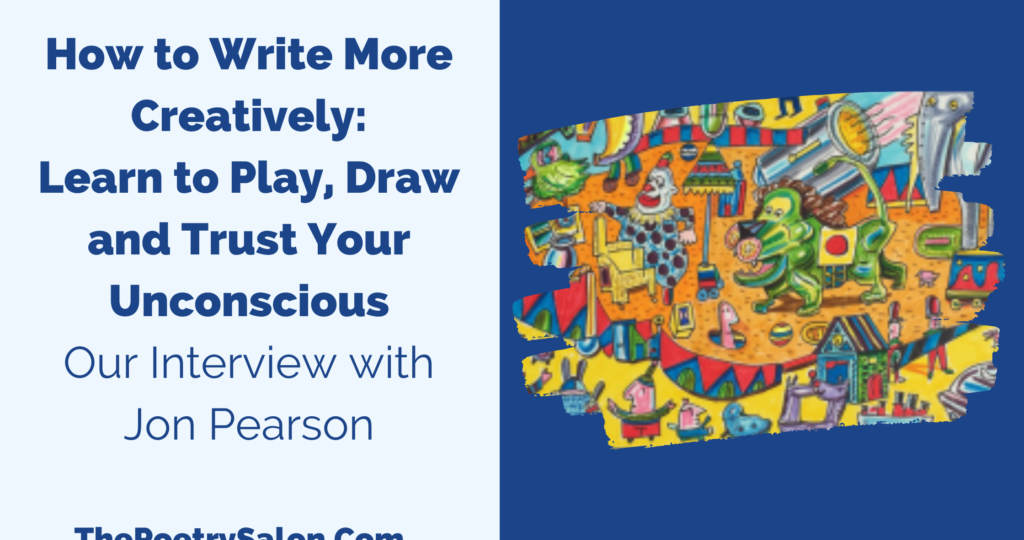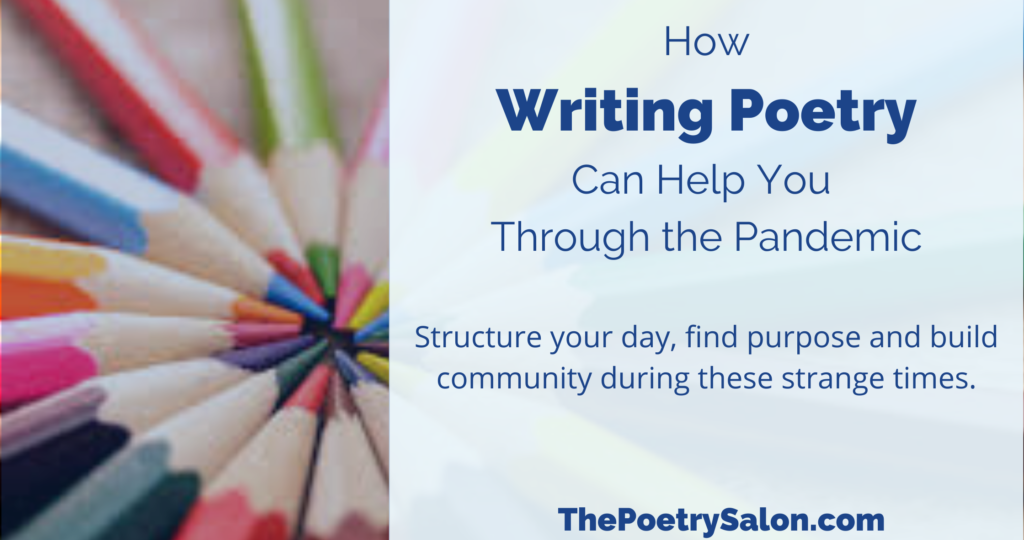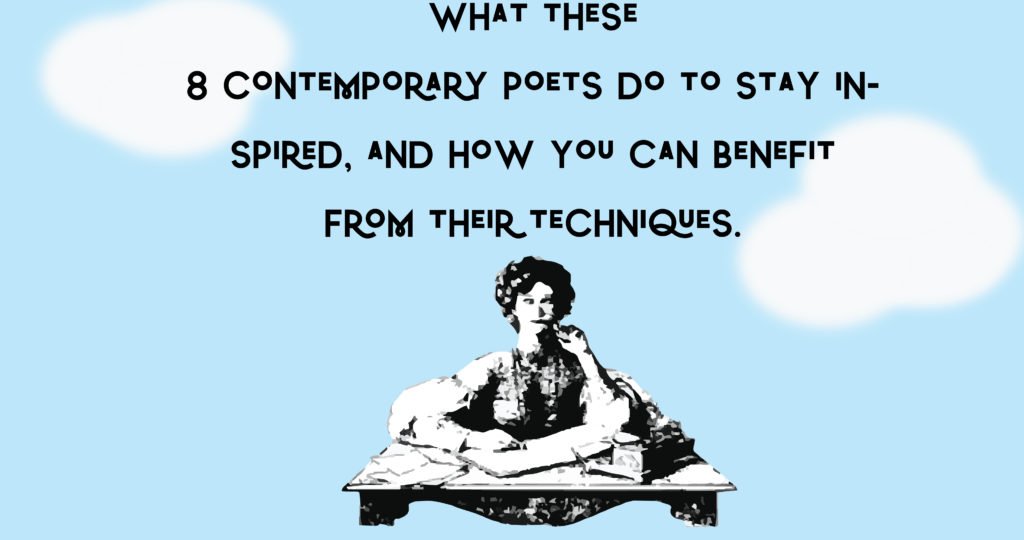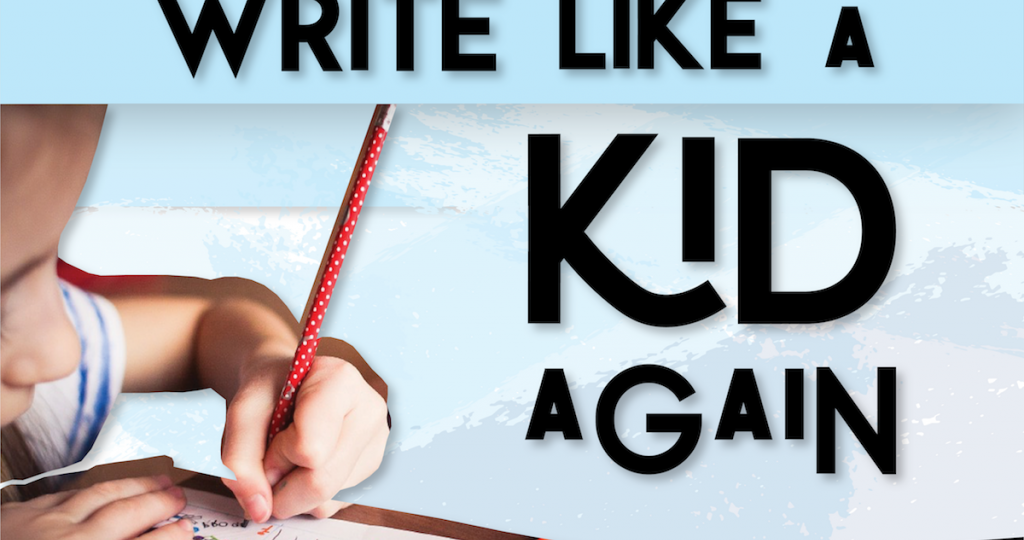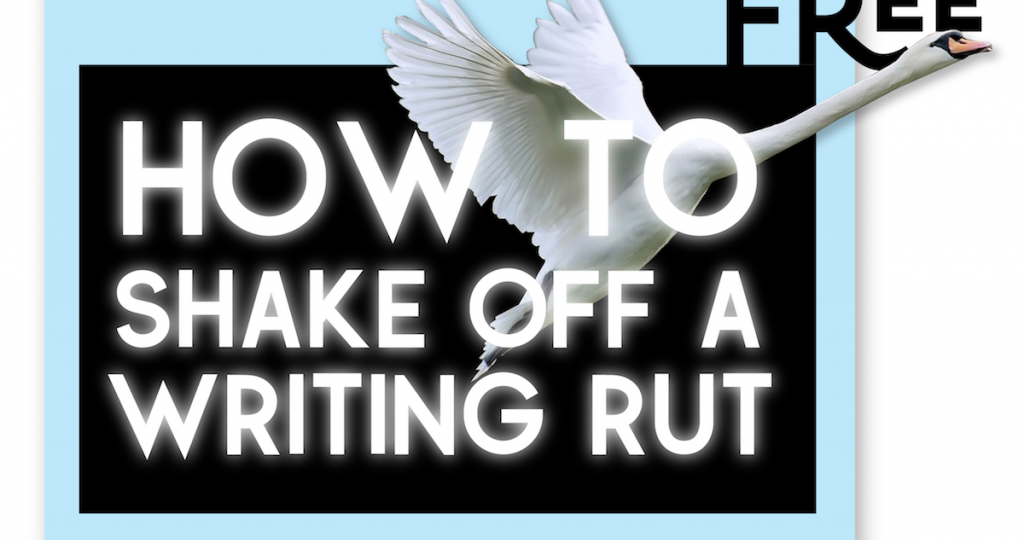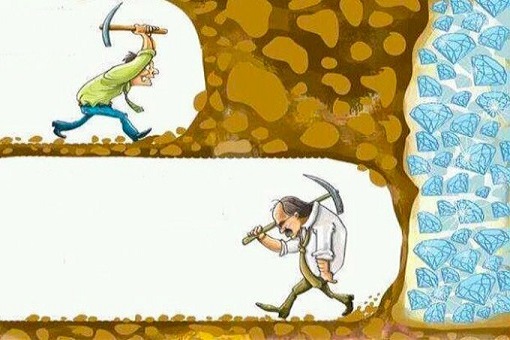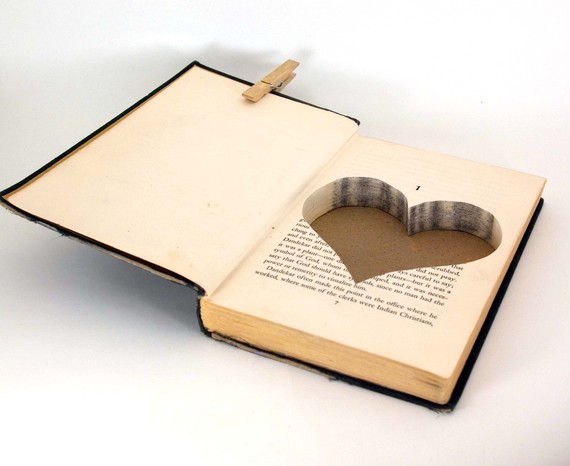What I Learned from My Interview with Jon Pearson I’ve always been jealous of my cousin, the multi-award-winning-writer, Jon Pearson. His work is always so original and engaging, full of what he himself has termed, “Flights of fancy and depths of emotion.” As a writer myself, I feel like I’m…
writing
We are here to help one another get through ‘this’ whatever ‘this’ is. – Kurt Vonnegut One of the things I find so intriguing about living through this pandemic is how I feel both overwhelmed by all the rapid changes of the world, at the same time I…
There is a flotilla of actual research that suggests kids already think like poets. They notice imagery, think in metaphors, and act as though everything is alive and has human consciousness, from their real pet frog to their stuffed giraffe. All I had to do was introduce a concept like “personification” or “metaphor” and let them dash away with their pens and paper into the happy land of kid speak. They would come back with Pulitzer Prize winning lines like, “Earth, do you enjoy spinning?” or, “I heard a caterpillar’s heart breaking when it turned into a butterfly.” When writing poems about science, one little girl wrote, “Pluto is not a planet. It is a tear the first astronaut cried when he saw our world spinning alone in space.”
The thing about changing your writing, unlike changing your life, is that it is much easier. You don’t have to max out your credit cards on a trip to Italy, find a guru in India, or go to Bali to fall head over heels. (#EatPrayLove.) All you have to do is change your words. Words are the building blocks of poems, and hence, the building blocks of your ideas; your style; your substance. If you change the words, and the way you use them, you change everything – and that means both inside and out.
There is a myth about writing – all art in fact – that it takes a special personality to do it. A special visionary with a special set of skills, handed down by God at birth, to distinguish the true artist from all other beasts of burden working in the field. The artist has a special sensitivity, a gift for seeing, an affinity for language that puts him or her in a category above other people, the way saints are elevated in the Catholic Church after curing the blind or allowing kings to pull their body apart on a rack.
I think a lot of folks suffer under the illusion that you have to be born with a special talent, or else you’re sunk. The truth is, like most things, writing can in fact be learned. Like heart-surgery, or using Excel, or making a good quiche Lorraine, writing is a skill. The question is not, “Am I good at this?” but, “Do I like doing it?” Do I like writing, or reading other good writers, or sitting at a desk, staring out a window, contemplating the sound of the rain? If so, then keep doing it, even if you’re not good.
One of the mistakes I sometimes make when I start working with new clients is to assume that they, like I, want to be famous. That they too have a deep dark hole in their hearts they are trying to fill with adoration from strangers. That they didn’t get enough love in their childhoods.
